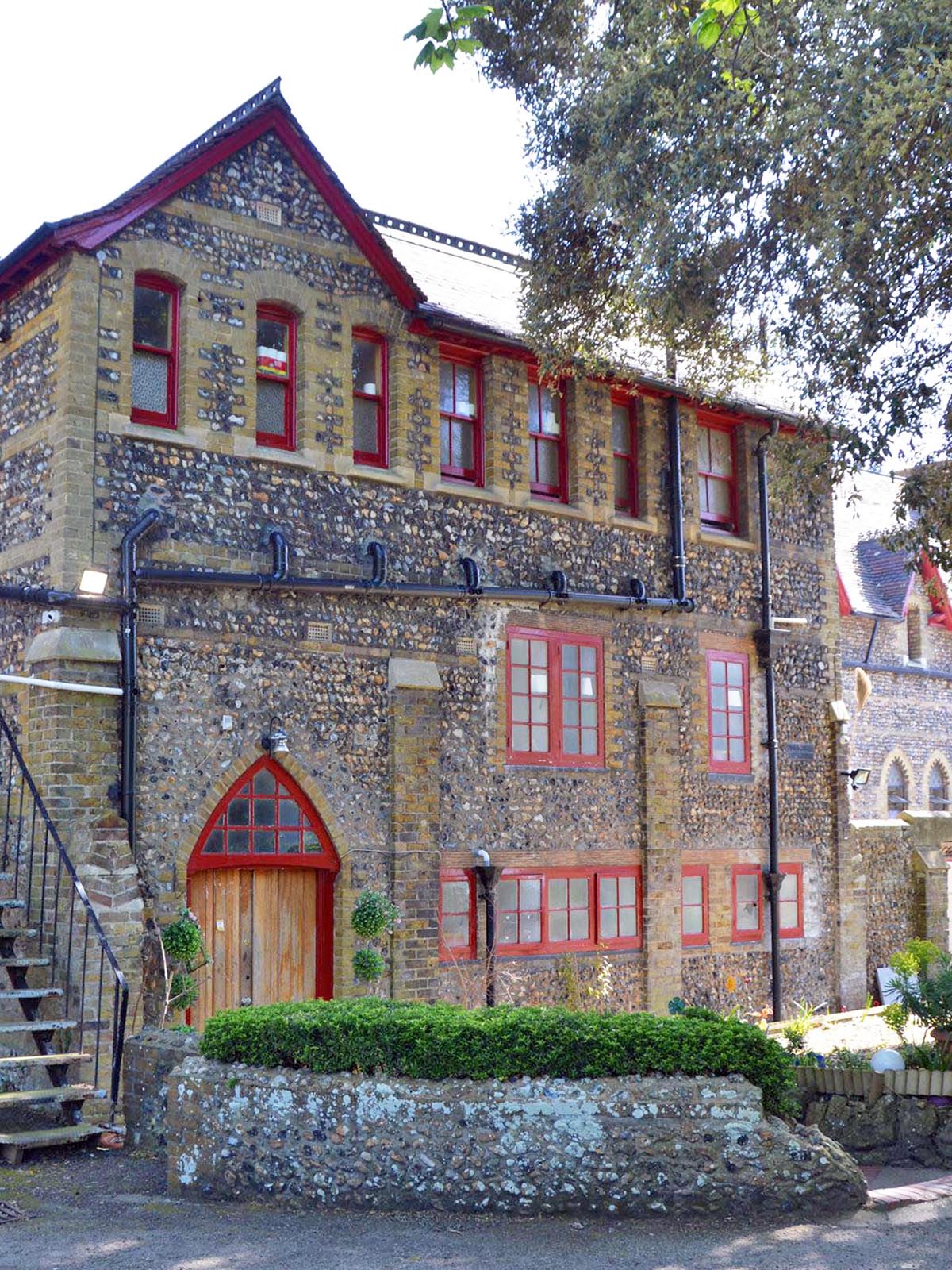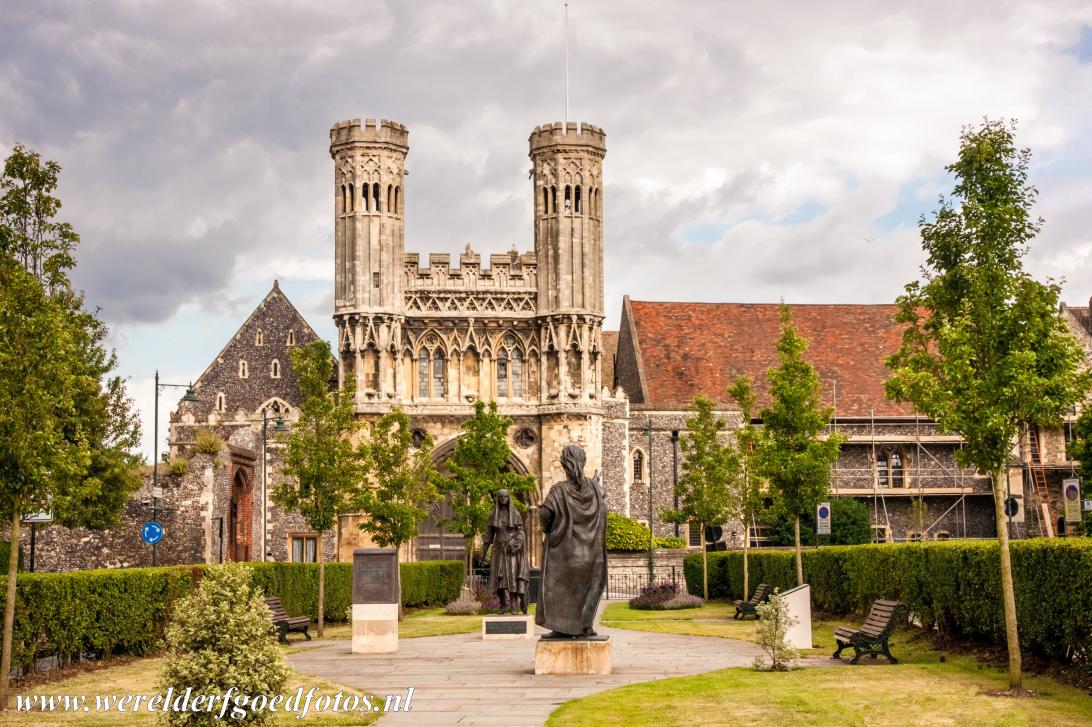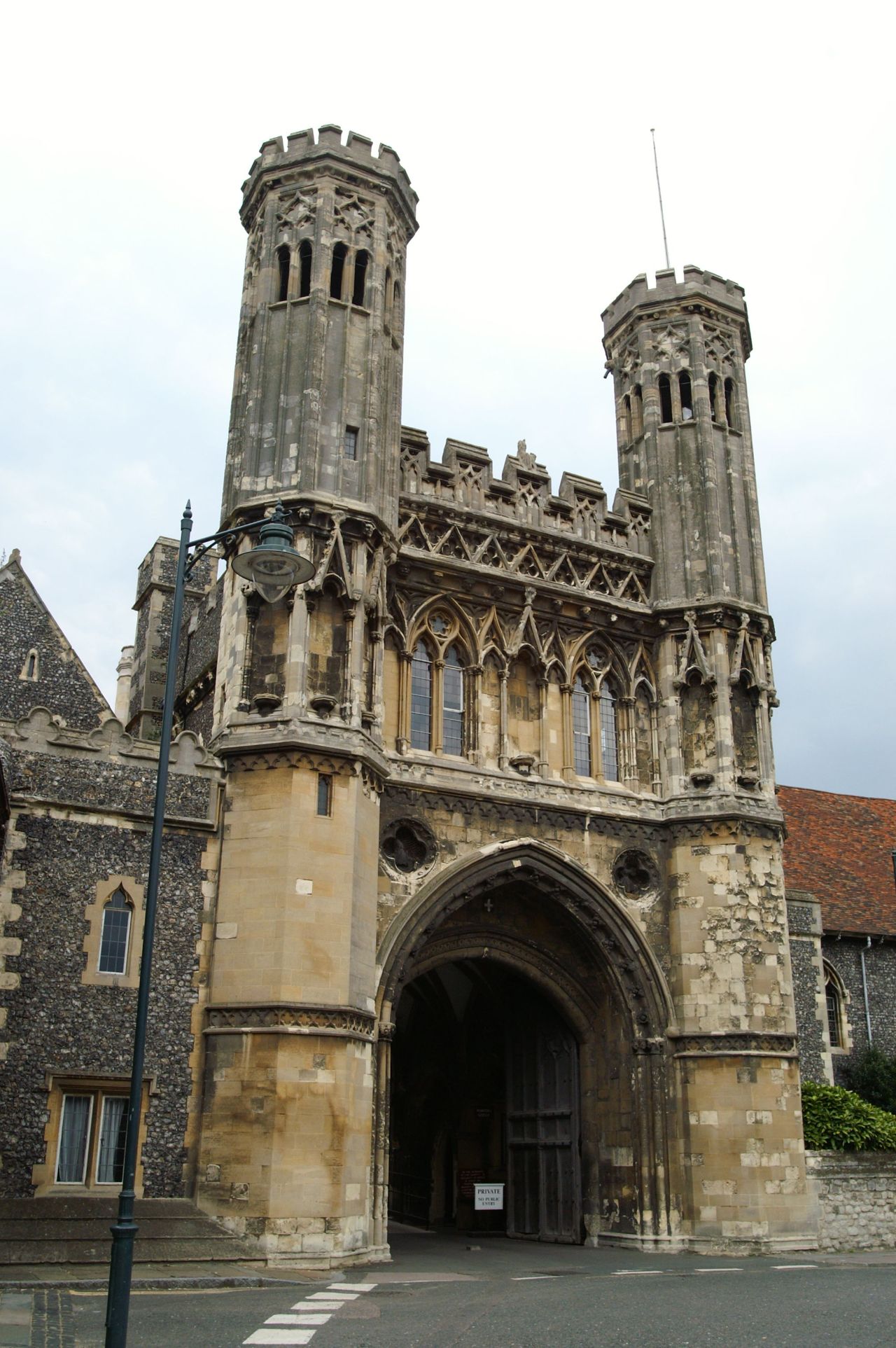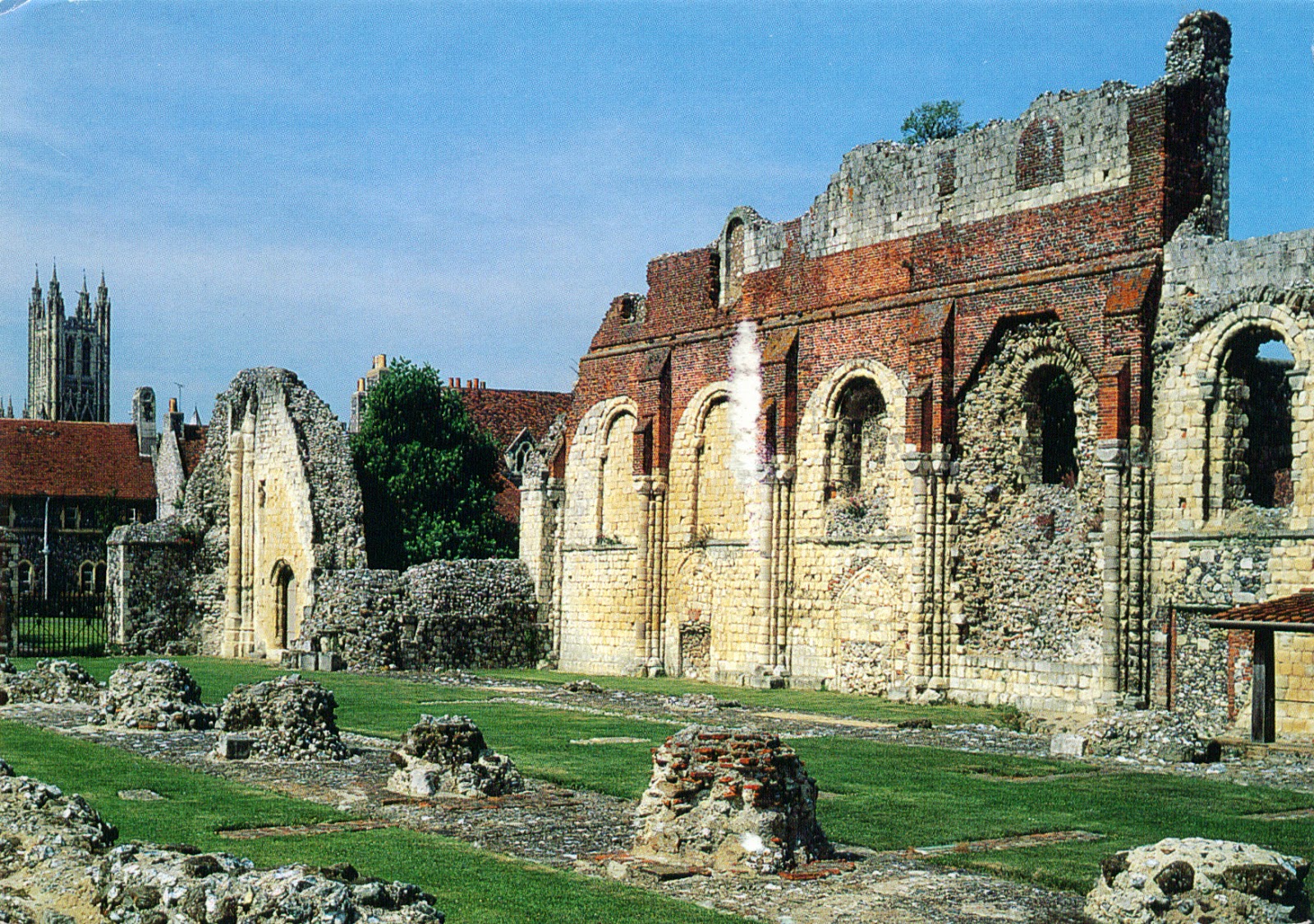
St Augustine's Abbey, Ramsgate, Kent
Advance Booking. Book your day ticket to St Augustine's Abbey online to get the best price. You can book tickets online until 8.45am on the day you want to visit for the price below. You can still buy your ticket when you arrive, but you won't get the discount. After booking your day ticket, you can arrive at any time within our opening hours.

Pin on Just pictures
The abbey was founded around AD 598 as part of St Augustine's mission. Its original function was to house the monks who came with Augustine and to provide a burial place for the kings of Kent and the Archbishops of Canterbury, which today are the earliest named graves in the country. Little evidence remains of the Saxon monastic buildings.
Pictures of St Augustine’s Abbey Ramsgate
St. Augustine's Abbey. Jun 2019. It is always interesting to revisit this lovely English Heritage site. Close to the university where I am working it is particularly special to recommend it to students but also friends who come to visit us regularly. definitely needs to be on the list to do for people visiting Canterbury. Friendly and very.

St Augustine's Abbey (Canterbury) Visitor Information & Reviews
St Augustine's Abbey (founded as the Monastery of SS. Peter and Paul and changed after Augustine's death) was a Benedictine monastery in Canterbury, Kent, England. The abbey was founded in 598 and functioned as a monastery until its dissolution in 1538 during the English Reformation. After the abbey's dissolution, it underwent dismantlement.

World Heritage Photos St. Augustine's Abbey in Canterbury
St Augustine's Abbey was was one of the most important monasteries in medieval England. For almost 1,000 years it was a centre of learning and spirituality. The abbey was founded in 598, after St Augustine arrived in Kent on a mission to convert the pagan Anglo-Saxons to Christianity. Within 100 years, the work begun by Augustine had.
St Augustine's Abbey English Heritage
In the spirit of St. Benedict, the primary work of the monks of Saint Andrew's is prayer. They offer up petitions received every day as they pray the Liturgy of the Hours. Let them know how they can pray for you! Share your intention. Find rest and renewal at a Benedictine abbey.

15 Best Things to Do in Canterbury (Kent, England) The Crazy Tourist
A new Chilworth Abbey Study Morning is taking place once a month on a Saturday morning in 2024 at St Augustine's Abbey, Chilworth led by Fr John Seddon OSB. Please see our 'latest news' on our website for the dates. It's base on Jeff Cavin's 'A Quick Journey through the Bible'. Mass, 9.00am, Video and Talks 10.30am-12.15pm. Bring a friend if.

St Augustine's Abbey (Canterbury) Visitor Information & Reviews
St Augustine's Abbey was a Benedictine abbey in Canterbury, Kent, England. It is named after Saint Augustine of Canterbury. It was founded during the early introduction of Christianity to the Anglo-Saxons. The original church was built at the end of the 6th century.

Main gateway, St. Augustine's Abbey, Canterbury, England Flickr
The land on which St Augustine's Abbey sits has always been sacred. In the dark ages, it was used as a burial place for the Anglo Saxon Kings of Kent but it wasn't until the arrival of St Augustine in 597AD that the site took on the shape we see today. The benedictine monk had been sent by Pope Gregory I to bring Christianity to Britain.

Werelderfgoedfoto's St. Augustine's Abbey in Canterbury
The main part of St Augustine's Abbey, including most of its outer precinct, is included within its boundary, although the areas of the precinct now occupied by the Sessions House and gaol that linked the Abbey with St Martin's Church, the Almonry buildings located on Lady Wootton's Green, and the detached 13th century Conduit House are.

WORLD, COME TO MY HOME! 0762 UNITED KINGDOM (England) Canterbury Cathedral, St. Augustine's
St Augustine's Abbey or Ramsgate Abbey is a former Benedictine abbey in Ramsgate. It was built in 1860 by Augustus Pugin and is a Grade II listed building. It was the first Benedictine monastery to be built in England since the Reformation. In 2010, the monks moved to St Augustine's Abbey in Chilworth, Surrey.The site is now owned by the Vincentian Congregation from Kerala, India.

St Augustine's Abbey English Heritage Canterbury england, English heritage, Canterbury cathedral
St. Augustine's Abbey in Canterbury is a ruined monastery originally founded in 598 AD by Augustine, a Roman abbot who was sent by the pope to convert the Anglo-Saxons. Rebuilt in the Norman era and almost completedly destroyed at the Dissolution of the Monasteries, the ruins of the abbey are not substantial.

St Augustines Abbey in Canterbury Stock Image Image of monastery, chapel 32197617
History-making days out from £8.50. Situated just outside the city walls, St. Augustine's Abbey was originally created as a burial place for the Anglo-Saxon kings of Kent, and is part of the Canterbury World Heritage Site, along with the cathedral and St Martin's Church. Explore the tranquil ruins and discover the rebirth of Christianity in.

St. Augustine's Abbey YouTube
St Augustine's Abbey, Chilworth, UK is a living monastery of eight monks and we very much welcome questions and visits from men considering becoming a Roman Catholic Benedictine monk. Some of us are ordained as priests, whilst others remain as brothers in the community, not ordained but living the same monastic life as those who are..

St. Augustine's Abbey English in Margate
St Augustine's Abbey or Chilworth Abbey, formerly Chilworth Friary, is a Roman Catholic Benedictine abbey in Chilworth, Surrey. The building, which is Grade II listed, was designed by Frederick Walters and was built in 1892. It was formerly a Franciscan friary and a novitiate for the order.

St Augustine’s Abbey recreated digitally
St Augustine's Abbey. Aethelberht endowed the Abbey of St Peter and St Paul (renamed St Augustine's Abbey after Augustine's death) with various gifts so that both the king and archbishop, and their successors, would be buried in the abbey church. (Bede: Ecclesiastical History, I. 33) The abbey chapel remained the principal dynastic burial.